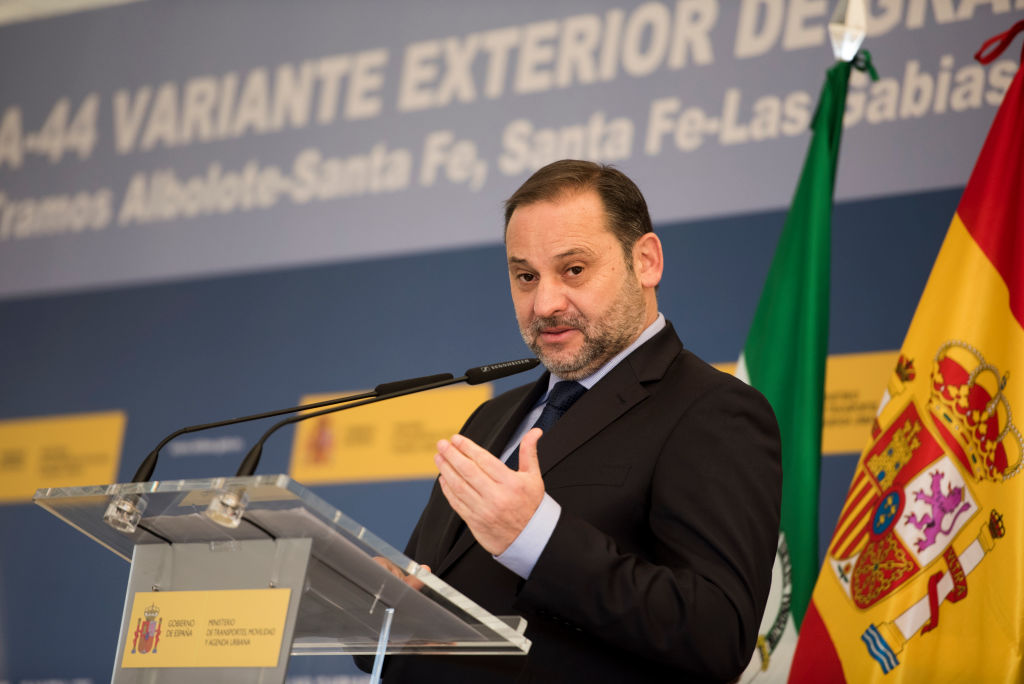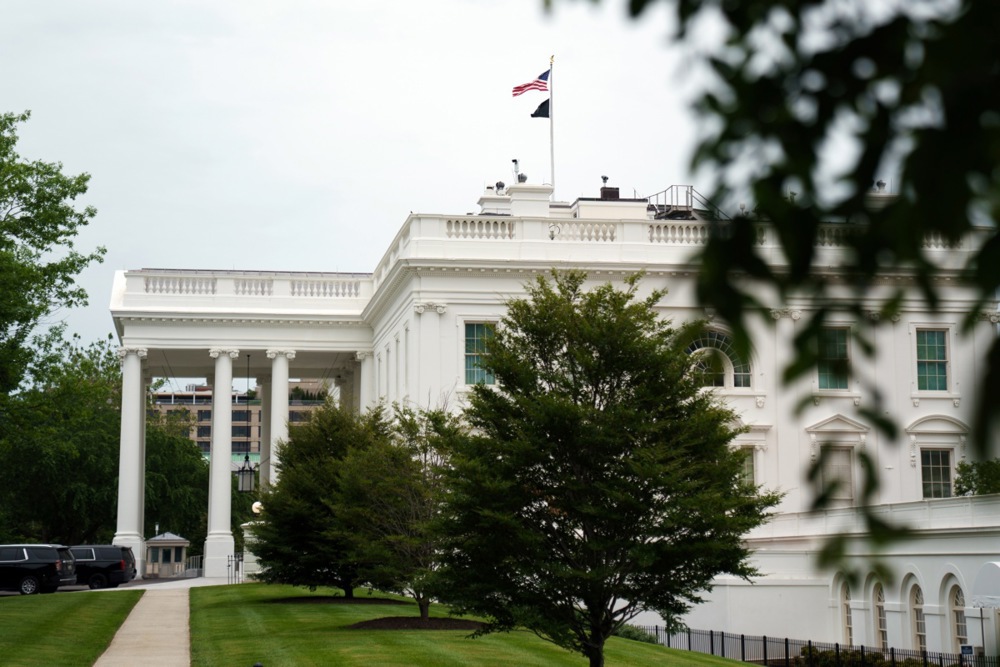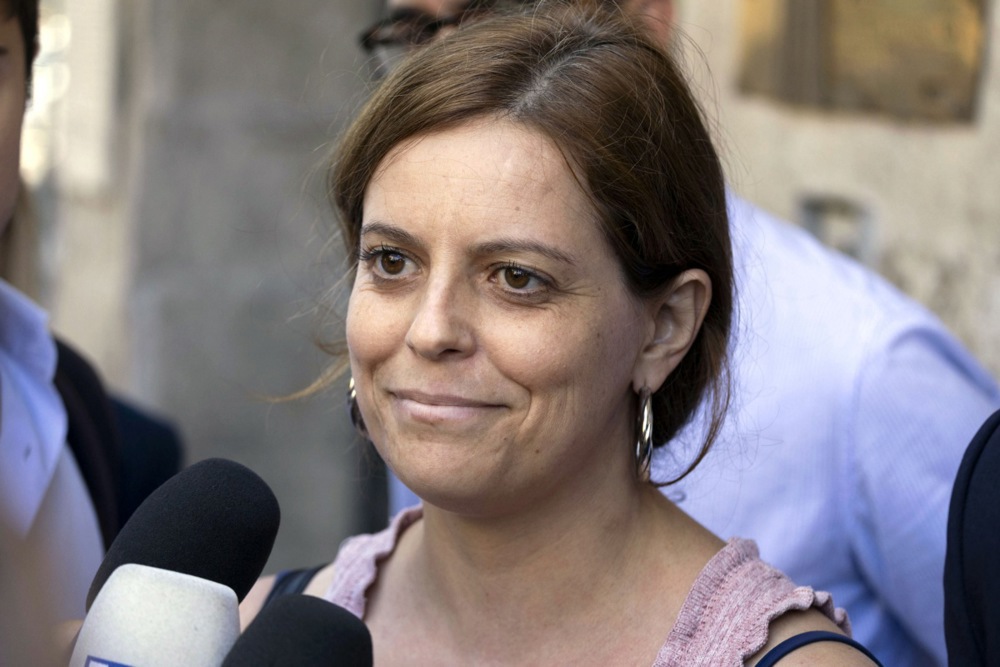Belgium joined the growing group of European countries to have reinstated border controls designed to halt illegal migration.
Starting this summer, Belgium will police its borders again to step up the fight against illegal entry.
Police will be instructed to check traffic entering the country, in particular in hot spots and zones known for having illegal migrants use them.
Minister of Asylum and Migration Anneleen Van Bossuyt told VTM Nieuws on June 20: “Belgium is becoming a magnet for migration, and we definitely want to counteract that.
“We won’t tolerate illegal migration and asylum-shopping anymore”.
Migrants who “shop” for asylum abuse the asylum procedure through the lodging of more than one application for international protection in different European Union member states
Van Bossuyt said on radio show De Ochtend that it was not the intention to post officers all across the borders to systematically check everyone entering the country, saying there was not enough capacity to do that.
“But we’ll do something much more more targeted and efficient. On the locations and routes where we know there is a lot of illegal immigration and a lot of secondary migration, there we’ll organise very targeted checks,” she said.
Van Bossuyt pointed to trains entering Brussels South, Eurolines, flix-busses, BlaBlaCars and intra-Shengen flights from Germany and Greece as potential targets, as well as suspicious routes or motorway parking areas known for being popular with illegal migrants.
“So very focused checks,” she said, adding it was a matter of priorities and making choices to lower the influx of illegal immigrants.
“Our society can no longer carry the pressure as we have currently, the pressure on social security, on housing, on education, is gigantic.”
The Belgian Government deliberately avoided calling the checks border controls but preferred the term “entry controls”.
It based its policies on Article 23 of the Schengen Borders Code, which allowed for tightened controls within a country’s territory.
Van Bossuyt said: “The most important thing is that Belgium will introduce tightened controls. Anyone who wants to come to Belgium illegally or has received protection in another country is no longer welcome.
Interior minister Bernard Quintin added in a press release: “We are taking our responsibility by carrying out strict targeted checks at crucial junctions.
“This is how we combat illegal migration flows and prevent migratory pressure from moving to Belgium, while at the same time tackling crime more effectively to strengthen security on our territory.”
He pointed out that neighbouring countries, such as the Netherlands and Germany, had already introduced temporary border controls.
“If we don’t take action, our country risks becoming a magnet for those who are being turned away elsewhere.”
The Belgian Government was aiming to have the controls in place by the summer, when migration peaked.
The Greens opposition party called the plan “completely unrealistic, inflated talk from Van Bossuyt”.
“This is nothing more than empty posturing with which the minister demonstrates that she conducts no serious policy whatsoever and parades her incompetence,” Greens MP Matti Vandemaele said.
He added it would only cause chaos at the border, with people being stuck in traffic.
Right-wing party Vlaams Belang was not impressed. “Too little, too late,” its President Tom van Grieken said in a press release.
“Too little because Belgium – unlike just about all our neighbours – is still not adopting effective border controls, but mostly restricts controls to the interior.”
Vlaams Belang MP Ortwin Depoortere said the police were understaffed, underfunded and overburdened.
He also wondered: “What happens to the arrested illegal immigrants? There are not enough closed centres and even fewer flights to the countries of origin.”
The police union told public news agency VRT NWS there were not enough police officers to do the job and structural changes were needed to fix this.
Danish MEP @AndersVistisen talks to us about illegal migration at #CPACHungary2025:
"Schengen is only as strong as its weakest link. When you have countries like Spain legalising 300,000 illegal migrants without processing them, they are threatening all EU countries' security." pic.twitter.com/yZJrMM5NHL
— Brussels Signal (@brusselssignal) May 30, 2025





